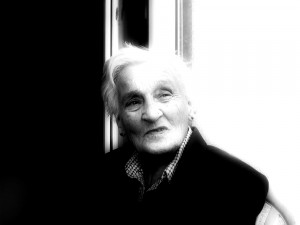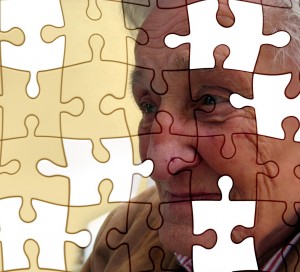During the next few weeks we will introduce the various methods that can be used to prevent Alzheimer’s Dementia being a destructive disease or at least how we can slow down the onset of Alzheimer’s.
From all the research that I have completed, I concluded that Exercise has to be the number 1 strategy to combat Alzheimer’s. No doubt there will be many medical professionals and other experts who disagree with this statement, but I am sure that there are many more who will totally agree with this.
Sure, there are plenty of alternatives that we will cover in the next few weeks, but the most effective way to delay the onset of Alzheimer Dementia is Exercise. 
I am sure that you all agree that exercise is good for your general health. And I am also sure that many of us could exercise more. But when you realize how debilitating the effects of Alzheimer Dementia are, the more motivated everyone should be to exercise more on a regular basis.
Apart from the fact that your health will improve, you will start to feel fitter, you will more than likely lose some weight (if you are overweight), you will feel younger, and progressively you will be able to do more.
Exercising does not only improve your physical fitness, it improves your mental health as well. Even a small amount of regular exercise can release stress, reduce anxiety, ease depression and improve your mood. No matter how old you are, we can all benefit from physical exercise as it will make you feel better and you reach a feeling of general well-being.
People that exercise regularly feel more energetic throughout the day, they usually sleep better at night, they have sharper memories, and they feel more relaxed and positive about their own lives. You do not need to spend hours pumping weights or run marathons to achieve these results.
For people with Alzheimer’s in their family (parents, grandparents, brothers, sisters etc.) it is best to start when you are still young, so that exercise will become part of your daily routine – so that it becomes one of your vital priorities.
The day I turned 40 I started going for regular health check-ups. In Australia they welcomed this – and the doctor would often say: “Oh John, your cholesterol is a bit high and you should lose some weight” but that hardly motivated me. Then we moved to the UK and it was: “Mr. Van Dijk – if you do not do something about your cholesterol and your weight – then we will”.
That was the motivation I needed, since then I started getting up between 5:00 and 5:30 am – 6 days a week to exercise. It took me about 2 years to lose 28 kgs. and I have kept most of that off for about 16 years now. Now nutrition is also an important factor here, but I will come back to healthy eating later.
Any exercise that raises your heart rate is beneficial, since it also improves your cardiovascular system. So, if you have not exercised regularly, the most important thing to do is to start. Even if it is just a brisk walk for 30 minutes, it will start to do you good. Then gradually increase this to about 1 hour.
Any exercise: swimming, jogging, running, skipping, stretches, weight or resistance training, aerobics, dancing, just use your imagination. Personally I now exercise at least 6-7 hours per week. I go running 3 days a week and go to an outdoor gym (courtesy of the local city council) for the other 3 days ( I have one rest-day). I normally run just over 10 kms and use the gym for about 70 minutes, rowing, doing stretches and weights.
OK – but what if your relative suffering with Alzheimer’s is a lot older and is not so fit anymore? Again, the important message is to start. We need to improve the blood flow. So, even if we simply start with a walk around the block, it is a beginning. Perhaps there is a gym nearby – almost all retirement village have a gym these days, and if not a gym – perhaps a pool.
For senior people there are lots of programs that can be followed in the privacy of your own home. There are exercise programs on DVD – here is an example.
Another great suggestion for both young and old is to get a Nintendo Wii or Microsoft XBox. There are many sports games that get people up out of their chair and involved in the game and into bodily movements AND they can have fun at the same time.
Here is one of the resources that I can recommend for further reading.
Why does Exercise work?
The brain is an amazing organ. The brain actually needs lots of energy which is supplied through millions of small blood vessels. When you exercise your body, you actually exercise your brain at the same time. This increased blood flow to the brain is actually very good for you. The more active your brain – the less chance for Alzheimer Dementia to develop – thus slowing the onset of dementia.
On our “What is it page” we describe how the brain cells get clogged with tangles and plaque and start to die. Scientists are suggesting that regular exercise slows down the development of these tangles and plaque and therefore keep you brain healthier for longer. We are not suggesting that you will not get Alzheimer’s – but we are slowing down the onset of dementia.
So – what is holding you back?



